iPhone & iPad users held to ransom by Apple ID hackers
Hackers demand $100 to unlock devices they've seized, but Apple denies iCloud hack is to blame
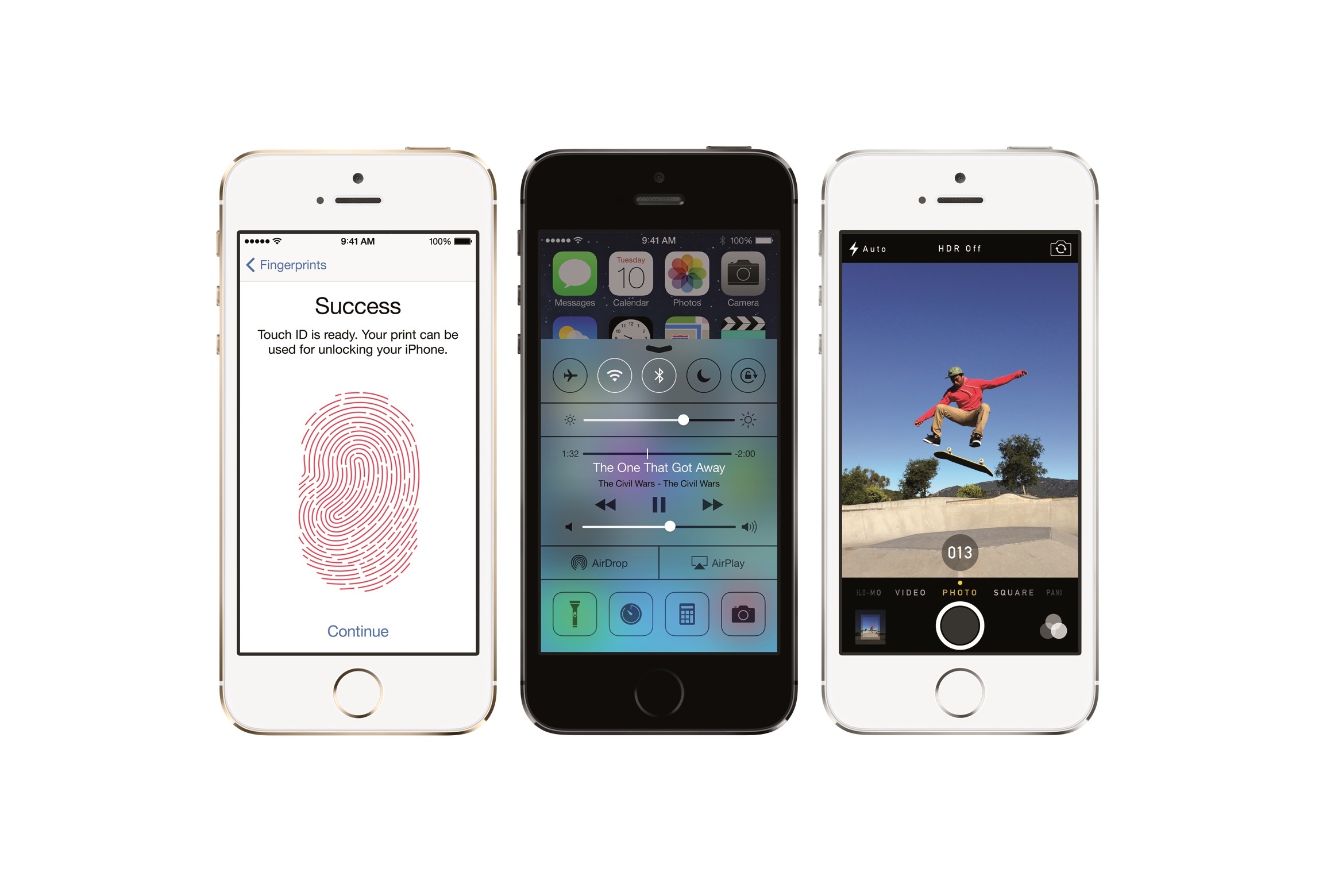
Apple has denied reports that hackers compromised its iCloud online storage service to carry out a series of remote attacks against Australian iPhone and iPad users.
A slew of Australian Apple users have reported being locked out of their iPhones, iPads and Macs remotely by hackers since Monday.
Victims have flooded Apple support forums with reports of being locked out of their devices by a group or individual claiming to be Oleg Pliss.
A message that appears on the affected devices also demands $100 or Euros from the owner to unlock a passcode the hackers have put in place.
"I have no idea how this happened. I am not aware of being exposed to malware or anything else, although I did recently purchase some new apps," wrote Veritylikestea, who first raised the alarm about the attacks.
In order to send a message of that ilk and lock a device, the hackers would have had to gain access to a user's Apple ID and password, and used that to log into the firm's online storage service iCloud.
From here, they could add passcode protection to devices using Apple's Find My iPhone/iPad feature.
Sign up today and you will receive a free copy of our Future Focus 2025 report - the leading guidance on AI, cybersecurity and other IT challenges as per 700+ senior executives
The forum reports seem to suggest the attack took place in the early hours of yesterday morning in Australia, with many writing about being woken up by the message arriving.
At the moment, only Australian devices without passcode protection in place seem to be affected.
Some users claim to have regained access to their devices by restoring it from a backup via iTunes, and many others are resetting their iCloud passwords as a precaution.
Apple has since released a statement insisting that iCloud was not to blame for hackers gaining access to the victims' devices.
"Apple takes security very seriously and iCloud was not compromised during this incident," the statement reads.
"Impacted users should change their Apple ID password as soon as possible and avoid using the same name and password for multiple devices.
"Any users who need additional help can contact AppleCare or visit their local Apple retail store," it concludes.
-
 Google is scrapping its dark web report feature
Google is scrapping its dark web report featureNews Google said while the dark web report feature offered “general information”, the tool didn’t provide “helpful next steps” for users potentially impacted by a breach.
-
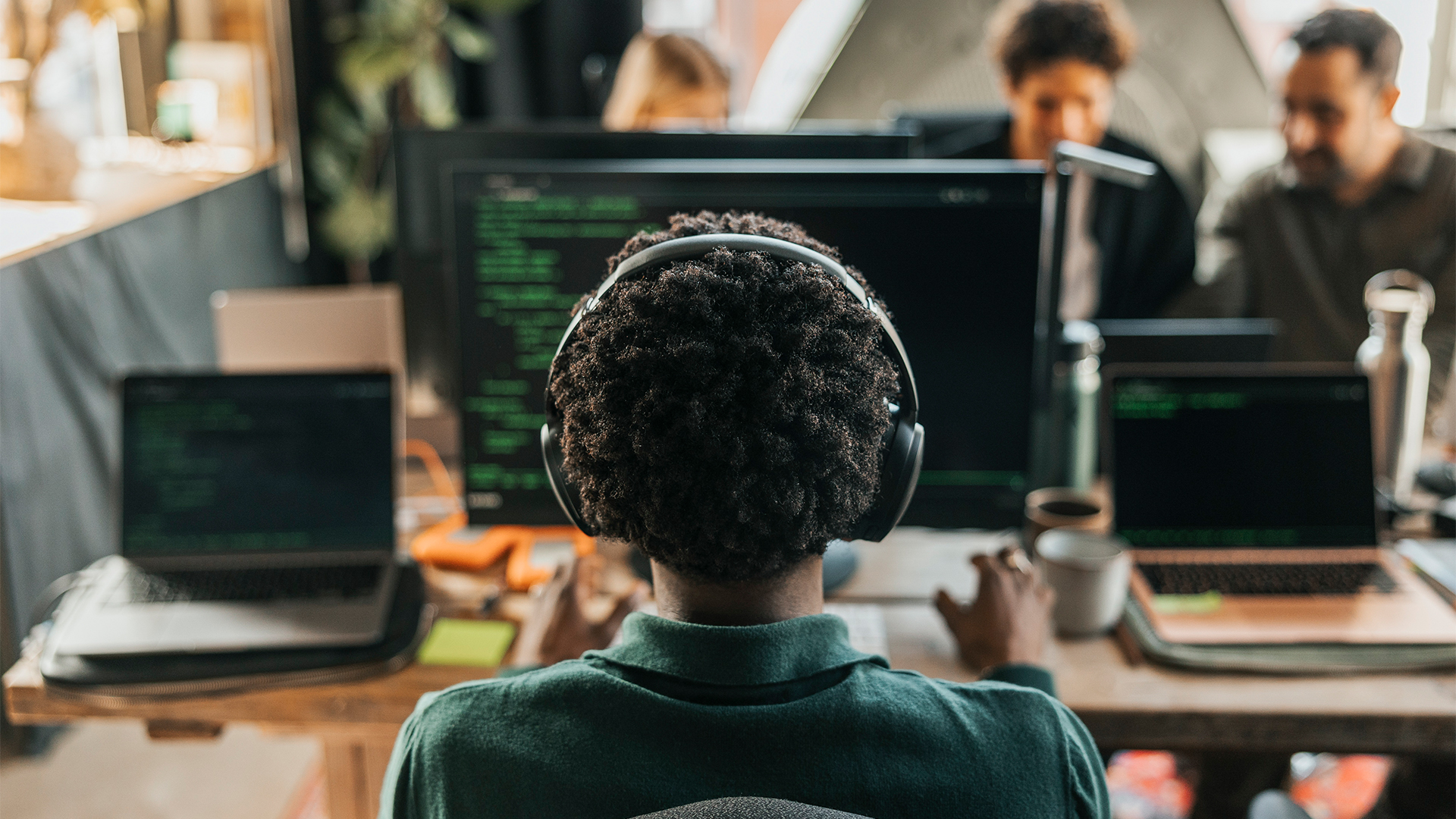 AI means you're probably going to need bigger developer teams
AI means you're probably going to need bigger developer teamsAnalysis Software developers may be forgiven for worrying about their jobs in 2025, but the end result of AI adoption will probably be larger teams, not an onslaught of job cuts.
-
 iCloud hack: could phishing scheme have been behind nude celebrity photo leak?
iCloud hack: could phishing scheme have been behind nude celebrity photo leak?News Pennsylvania man pleads guilty to accessing hundreds of accounts
-
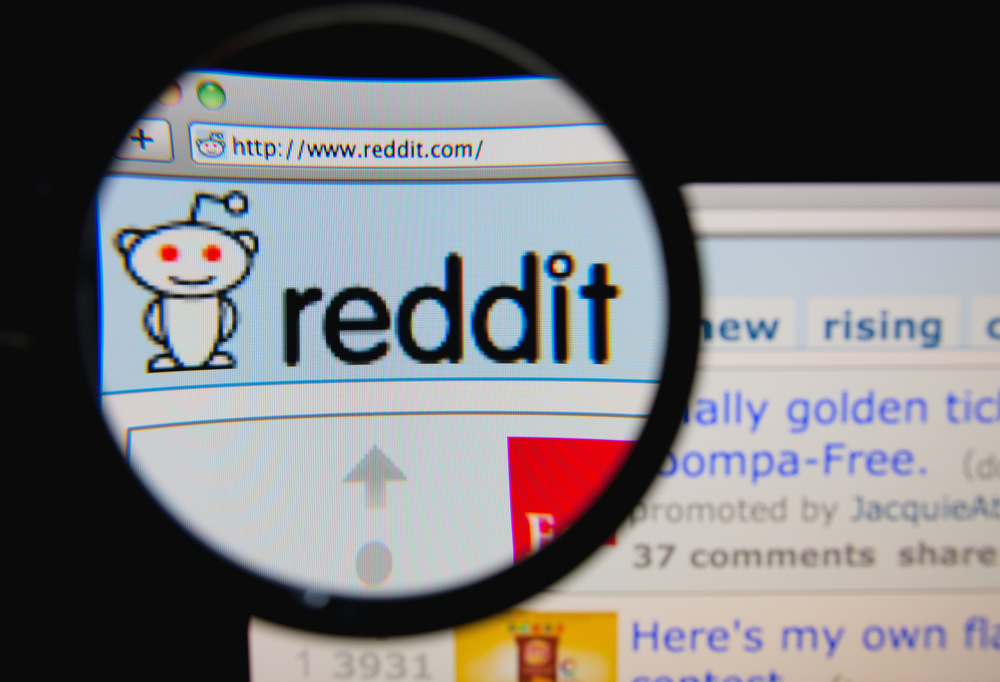 Reddit vows to take down revenge porn posts
Reddit vows to take down revenge porn postsNews Social forum will pull nude pictures if victims say they were posted without consent
-
 Bogus iCloud log-in page fools Chinese Apple users
Bogus iCloud log-in page fools Chinese Apple usersNews Probably not looking for nude celebs this time
-
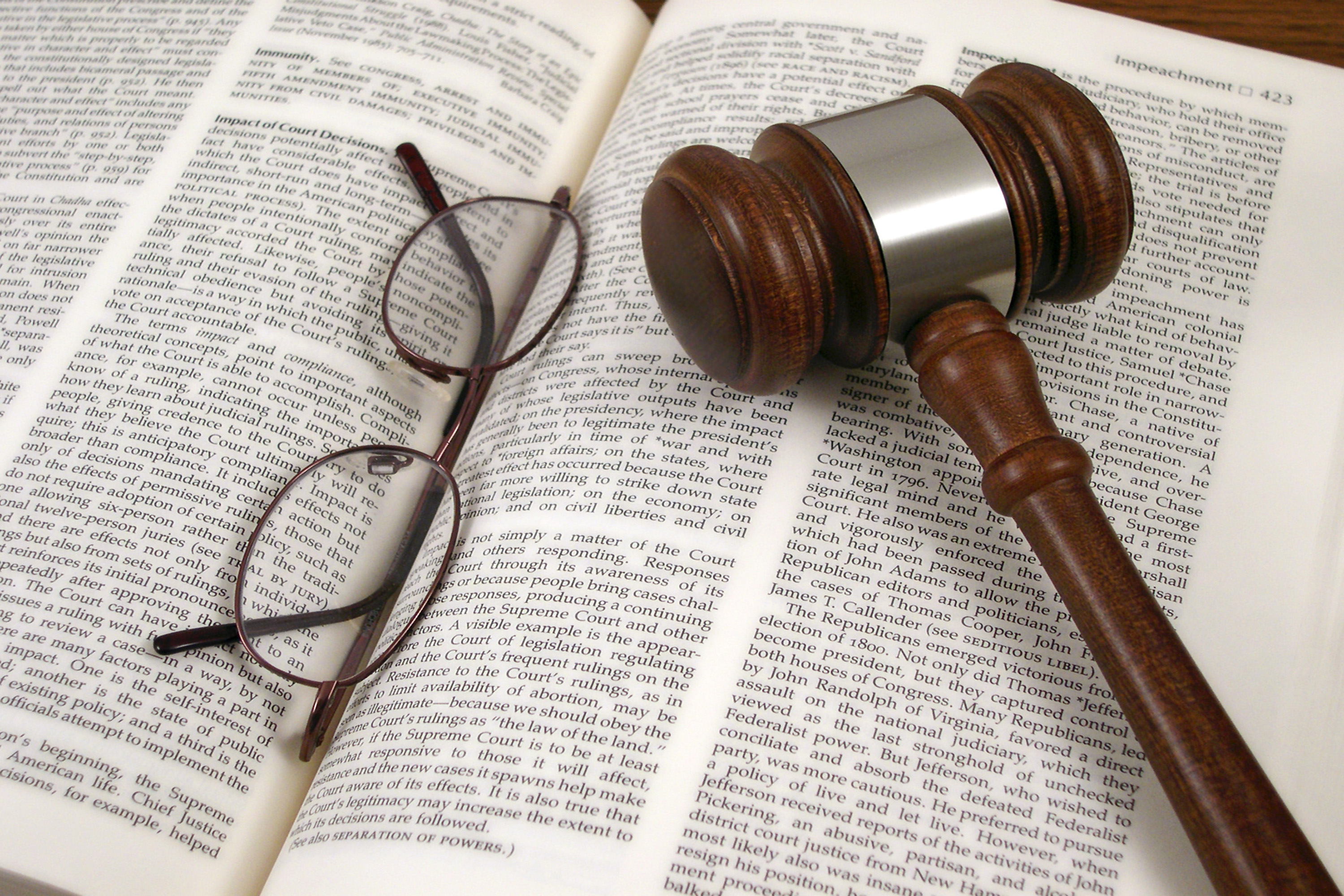 Google threatened with legal action over naked celeb photos
Google threatened with legal action over naked celeb photosNews The company didn't react fast enough to take the pictures down, according to lawyer
-
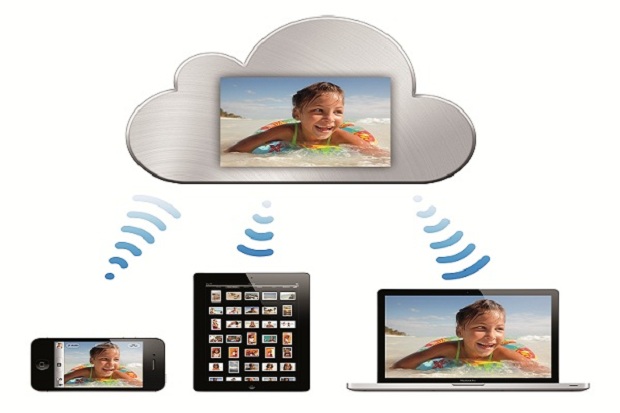 Lessons the enterprise can learn from the iCloud photo leak
Lessons the enterprise can learn from the iCloud photo leakIn-depth iCloud security isn't the problem, argues Davey Winder. Lack of knowledge about how to implement it is
-
 Flappy Bird clone hacking plans revealed
Flappy Bird clone hacking plans revealedNews The hack was planned by the same group who stole photos of celebrities from iCloud
-
 Apple denies iCloud hack resulted in leaked celebrity photos
Apple denies iCloud hack resulted in leaked celebrity photosNews iPhone maker responds to reports an iCloud hack led to the leaking of private celebrity pictures online
-
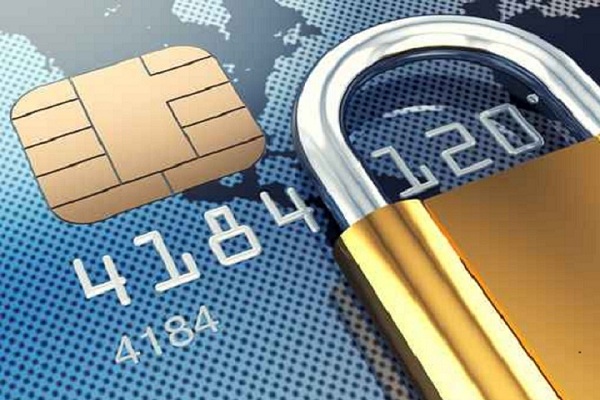 Amazon and Apple users told to wipe credit card data in wake of iCloud hack
Amazon and Apple users told to wipe credit card data in wake of iCloud hackNews Varonis warns end users to step up their credit card security following Mat Honan's password hack.